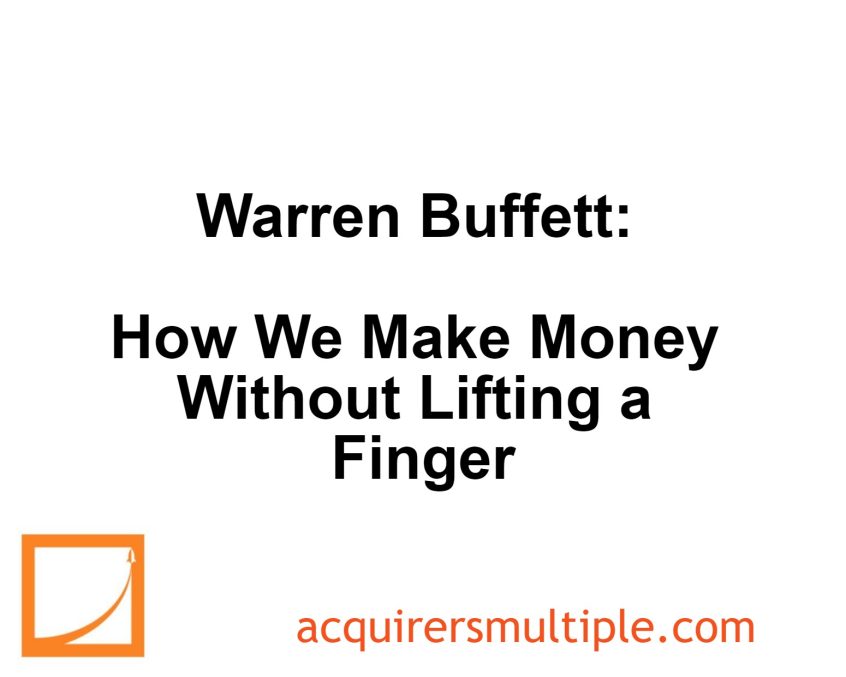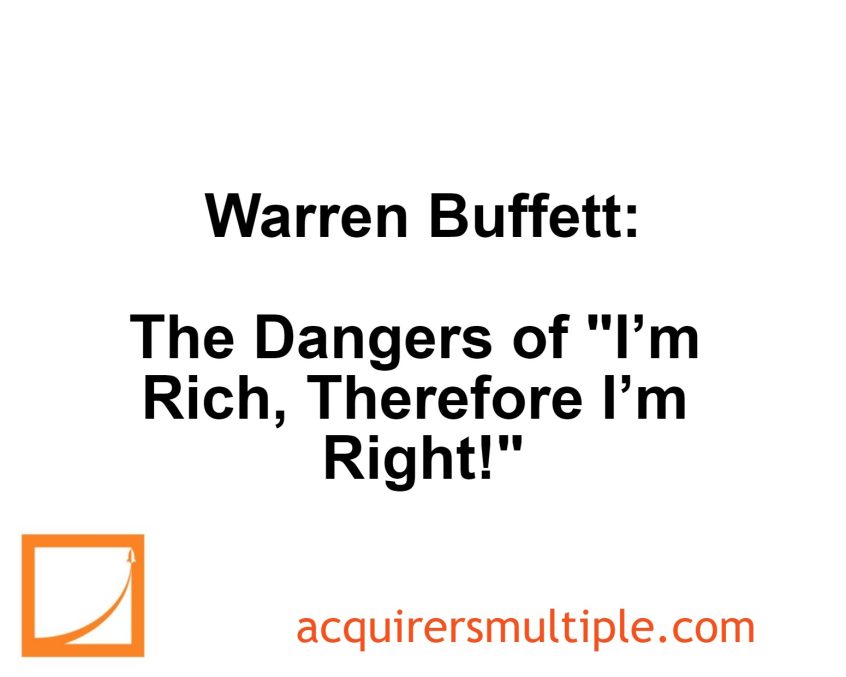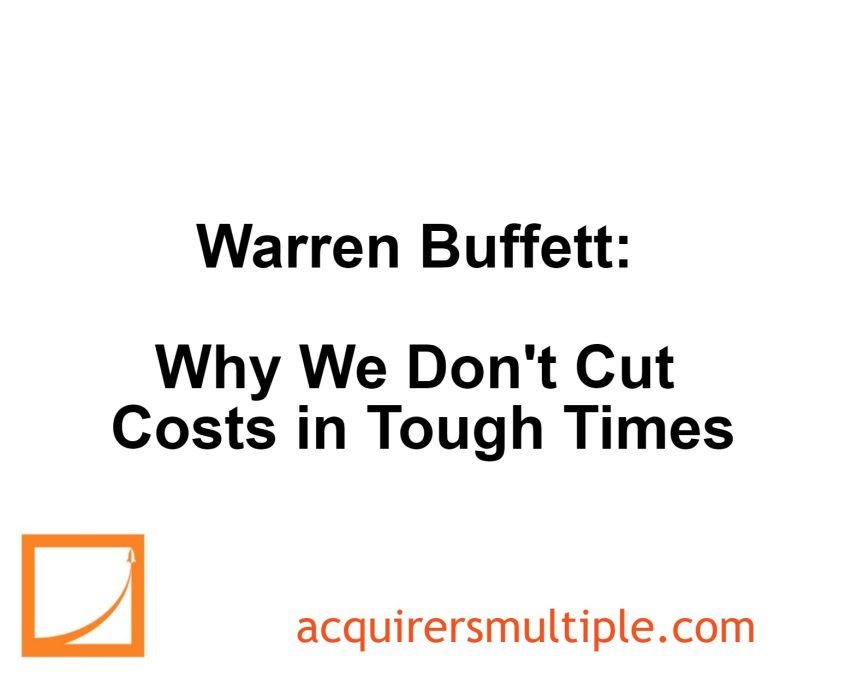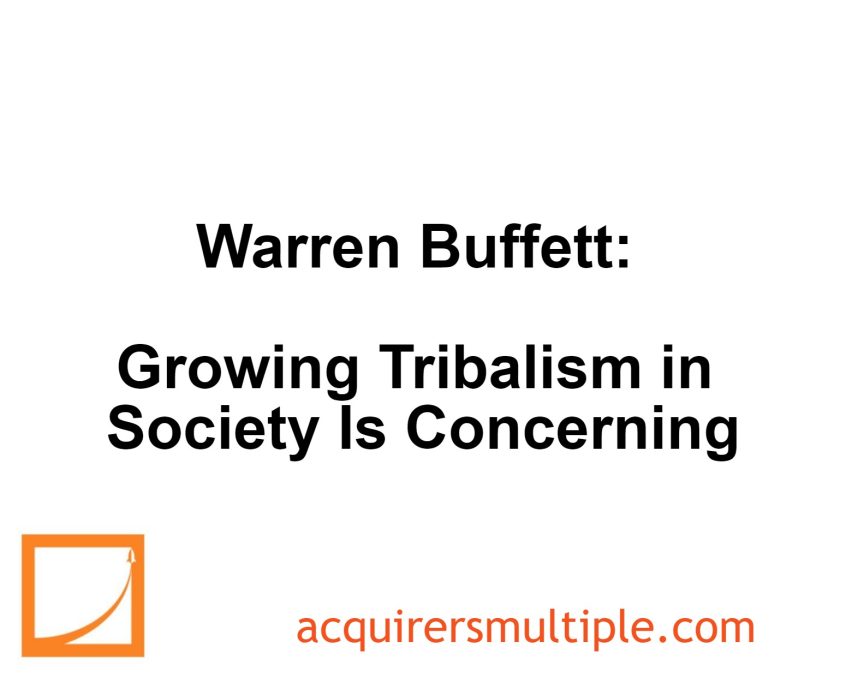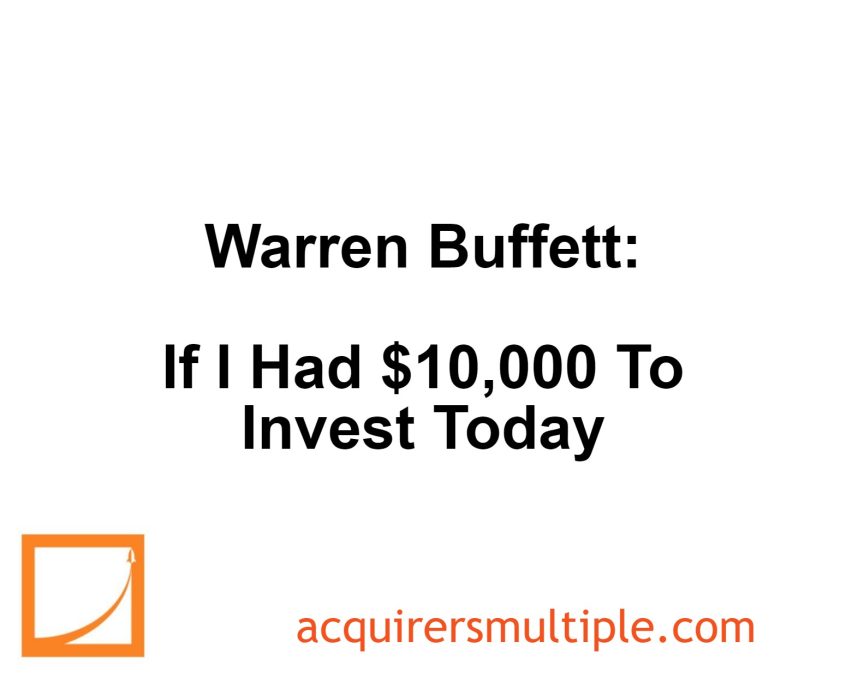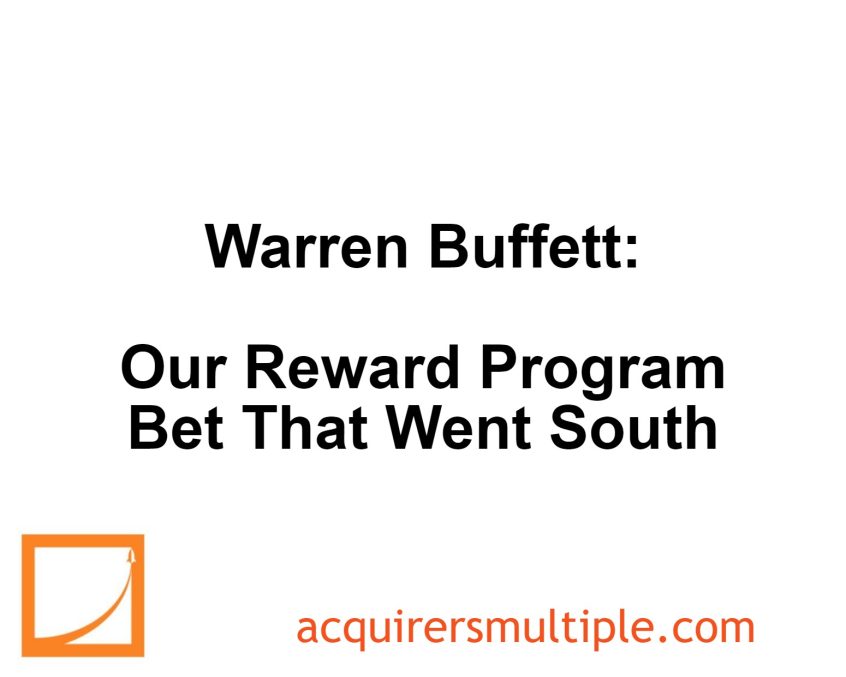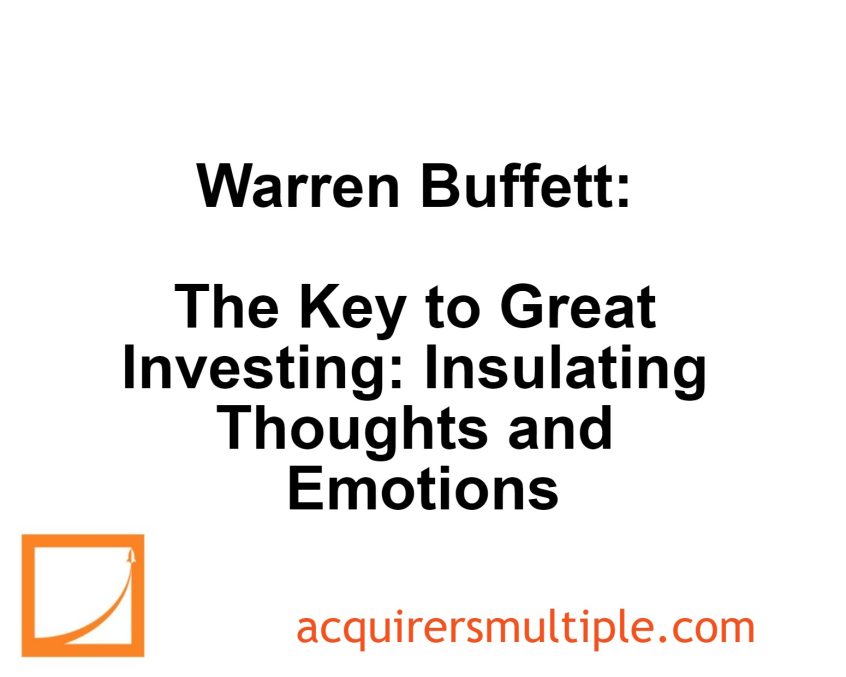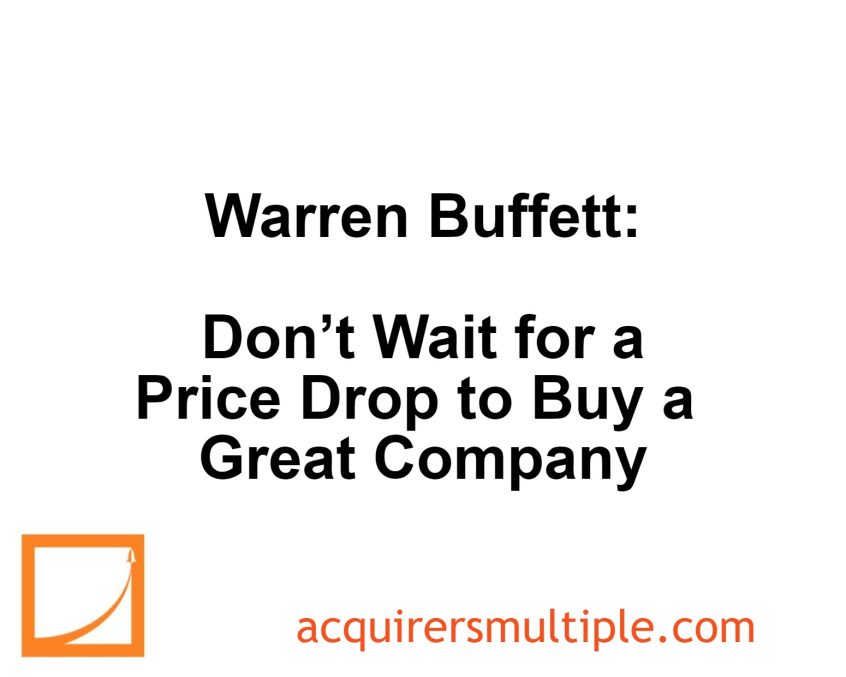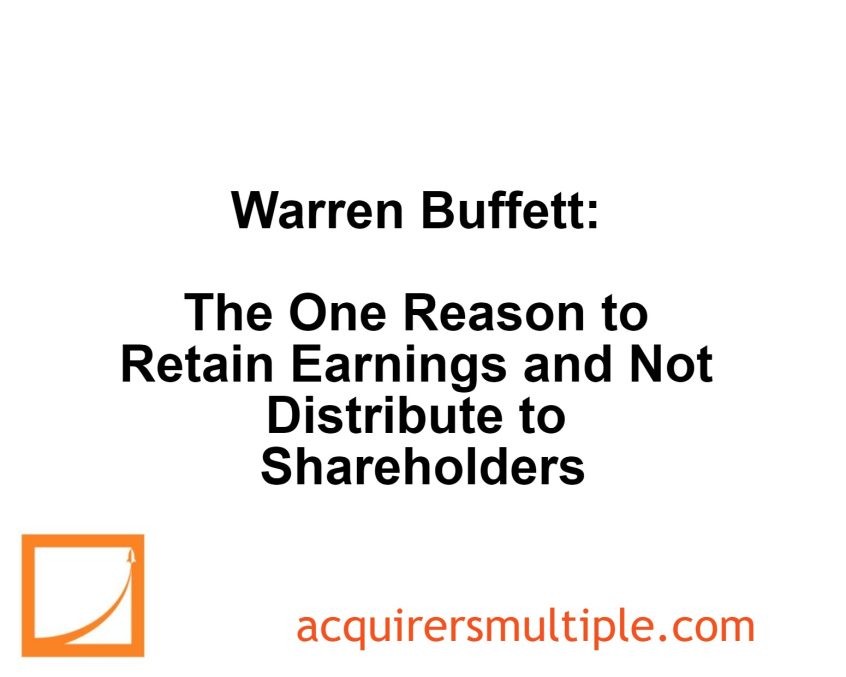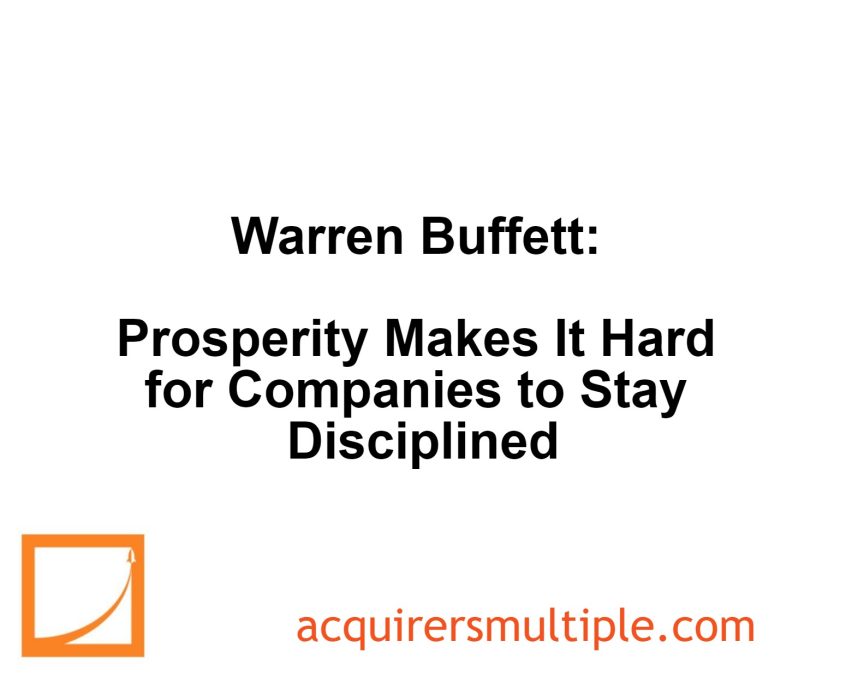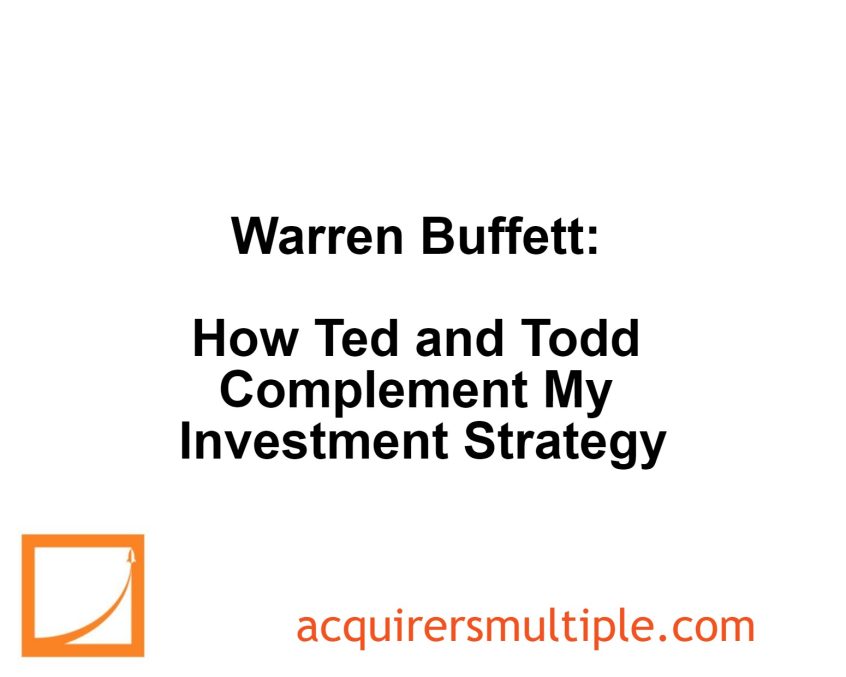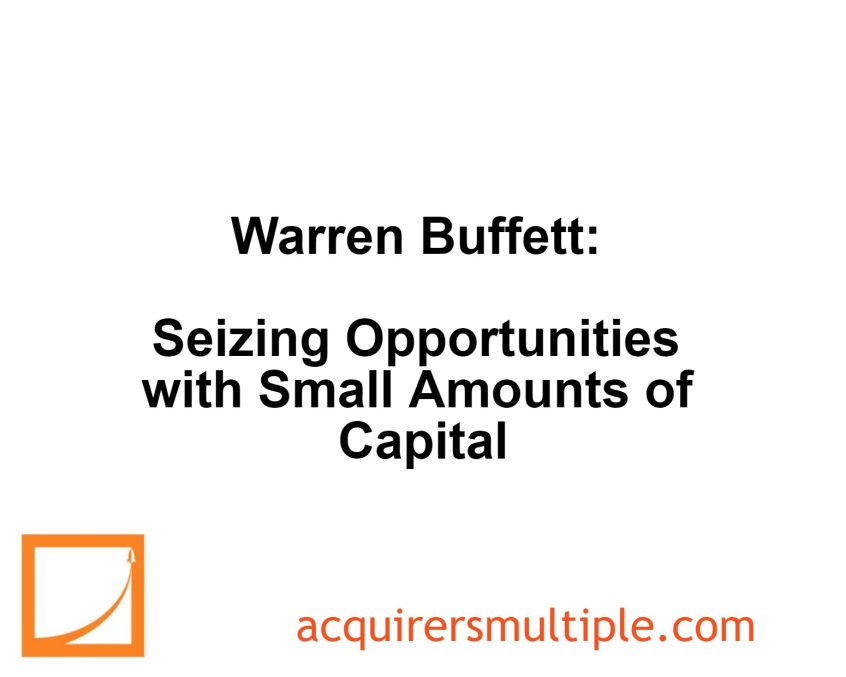In his 2023 Berkshire Hathaway Annual Letter, Warren Buffett discusses Berkshire Hathaway’s long-term investments in Coca-Cola and American Express, which have been held for over two decades. While these positions are smaller compared to Apple, they remain significant assets. Both companies, founded in the 19th century, overcame past mismanagement and … Read More
Warren Buffett: The Dangers of “I’m Rich, Therefore I’m Right!”
During the 2003 Berkshire Hathaway Annual Meeting, Warren Buffett reflects on the responsibility of public figures, particularly wealthy individuals, when sharing opinions on public policy. He acknowledges his own involvement in issues like campaign finance reform and taxes but tries to limit his public commentary to avoid the perception of … Read More
Warren Buffett: Why We Don’t Cut Costs in Tough Times
In his 1987 Berkshire Hathaway Annual Letter, Warren Buffett discusses his management philosophy regarding flexible budgets and cost-cutting. He emphasizes the importance of maintaining the quality of a business, regardless of short-term fluctuations in profit. Using examples from The Buffalo News and See’s Candies, Buffett rejects the notion of reducing … Read More
Warren Buffett: Growing Tribalism in Society Is Concerning
During the 2022 Berkshire Hathaway Annual Meeting, Warren Buffett reflects on the growing tribalism in society, comparing it to the partisanship he observed during his youth when Roosevelt was either loved or hated. He explains how tribal behavior can be fun, using his loyalty to Nebraska football as an example, … Read More
Warren Buffett: If I Had $10,000 To Invest Today
During the 1999 Berkshire Hathaway Annual Meeting, Warren Buffett discussed the importance of starting young in investing, comparing the process to rolling a snowball down a long hill, where compound interest plays a key role. He advises focusing on smaller companies for those starting with limited funds, as they are often … Read More
Warren Buffett: Our Reward Program Bet That Went South
In his 2006 Berkshire Hathaway Annual Letter, Warren Buffett reflects on his and Charlie Munger’s early venture into the rewards business by purchasing Blue Chip Stamps in 1970. At the time, the trading stamp company was thriving with $126 million in sales and widespread popularity. However, despite initial optimism, the … Read More
Warren Buffett: The Key to Great Investing: Insulating Thoughts and Emotions
In his 1987 Berkshire Hathaway Annual Letter, Warren Buffett emphasizes that investment success comes from sound business judgment and resisting emotional market influences. He advocates following Ben Graham’s “Mr. Market” concept, focusing on a company’s operating results rather than short-term stock price movements. Buffett highlights that while the market may … Read More
Warren Buffett: Why Portfolio Concentration Decreases Risk
In his 1993 Berkshire Hathaway Annual Letter, Warren Buffett explains that he and Charlie Munger decided long ago to focus on making a few smart investment decisions rather than many, especially as Berkshire Hathaway’s capital grew. They adopted a concentrated portfolio strategy, rejecting standard diversification advice. They believe that concentrating … Read More
Warren Buffett: Don’t Wait for a Price Drop to Buy a Great Company
During the 1996 Berkshire Hathaway Annual Meeting, Warren Buffett discussed the value of investing in truly great companies that will remain strong for decades. He advises against trying to time the market or waiting for a financial crisis to buy stocks at a discount, as great companies are rare and … Read More
Warren Buffett: The Irrationality of Stop-Loss Orders in Investing
During the 1994 Berkshire Hathaway Annual Meeting, Warren Buffett recounts a conversation with NYSE specialist Jimmy Maguire about stop-loss orders on Berkshire Hathaway stock. He expresses confusion over why some investors would set a stop-loss order to sell at $15,500 when they wouldn’t sell at $16,000, highlighting the irrationality of … Read More
Warren Buffett: Why I Transitioned From Cigar Butts to Quality Companies
In his 1989 Berkshire Hathaway Annual Letter, Warren Buffett critiques the “cigar butt” investment approach, where buying a struggling company at a bargain price might yield short-term profit but ultimately disappoints due to mediocre long-term performance. He warns that initial advantages can be eroded by ongoing business issues and low … Read More
Warren Buffett: The Best Investment Strategy When Opportunities Are Scarce
In his 2003 Berkshire Hathaway Annual Letter, Warren Buffett discusses his concerns about the U.S. economy and Berkshire Hathaway’s strategy to hedge its significant cash-equivalents position with foreign-exchange contracts. These contracts are subject to accounting rules that require any changes in value to be recorded quarterly, even if they haven’t … Read More
Warren Buffett: The Hidden Benefits of Falling Stock Prices
In his 1997 Berkshire Hathaway Annual Letter, Warren Buffett advises that if you are a net saver, you should prefer lower stock prices, as this benefits future investments. Many investors mistakenly rejoice at rising stock prices, even though they will be net buyers of stocks, which makes no sense. For … Read More
Warren Buffett: Pinpointing Secure Investment Opportunities
During the 1997 Berkshire Hathaway Annual Meeting, Warren Buffett discusses using filters to identify businesses where future value can be reasonably estimated. Buffett advocates discounting future returns using risk-free government bond rates, focusing on the business’s future earnings rather than potential resale value. The goal is to ensure that investors … Read More
Warren Buffett: Prioritize Sensible Management Over Great Businesses
During the 2001 Berkshire Hathaway Annual Meeting, Warren Buffett advises that if you’re invested in a good business but the management is making poor decisions, it’s often better to sell and invest elsewhere with a sensible management team. Persuading management to change their minds is challenging and rarely successful. CEOs … Read More
Warren Buffett: The Investing Strategy For Finding Undervalued International Stocks
In the book – The Snowball: Warren Buffett and the Business of Life, there’s a lengthy quote by Warren Buffett describing his investing strategy from finding opportunities in South Korean companies. Buffett highlighted the value he found in South Korean companies that were trading at low valuations despite being fundamentally … Read More
Warren Buffett: The One Reason to Retain Earnings and Not Distribute to Shareholders
In his 1984 Berkshire Hathaway Annual Letter, Warren Buffett argues that companies should only retain unrestricted earnings if there is a reasonable prospect that retaining the earnings will create at least an equivalent amount of market value for shareholders. He acknowledges that managers often prefer to retain earnings for reasons … Read More
Warren Buffett: Prosperity Makes It Hard for Companies to Stay Disciplined
In the book – The Snowball, Warren Buffett discussed Coca-Cola’s costly “Project Infinity,” criticized by Herbert Allen for excessive spending with unclear benefits. Buffett, a board member, expressed frustration, noting that IT departments often pursue unnecessary projects. He believed the project wouldn’t boost Coca-Cola sales or reduce jobs, highlighting a … Read More
Warren Buffett: How Ted and Todd Complement My Investment Strategy
During the 2016 Berkshire Hathaway Annual Meeting, Warren Buffett explains that he seeks very large deals in investments or operating businesses, while his associates, Ted Weschler and Todd Combs, manage $9 billion portfolios with fewer, smaller positions. Despite this difference, their investment approach is similar, focusing on understanding businesses and … Read More
Warren Buffett: Seizing Opportunities with Small Amounts of Capital
During the 2010 Berkshire Hathaway Annual Meeting, Warren Buffett discusses the perpetual presence of investment opportunities, particularly for those not managing large sums of money. He highlights the inherent conflict in the investment management industry, where asset gathering can overshadow asset management. Buffett illustrates this with an example from Charlie … Read More

